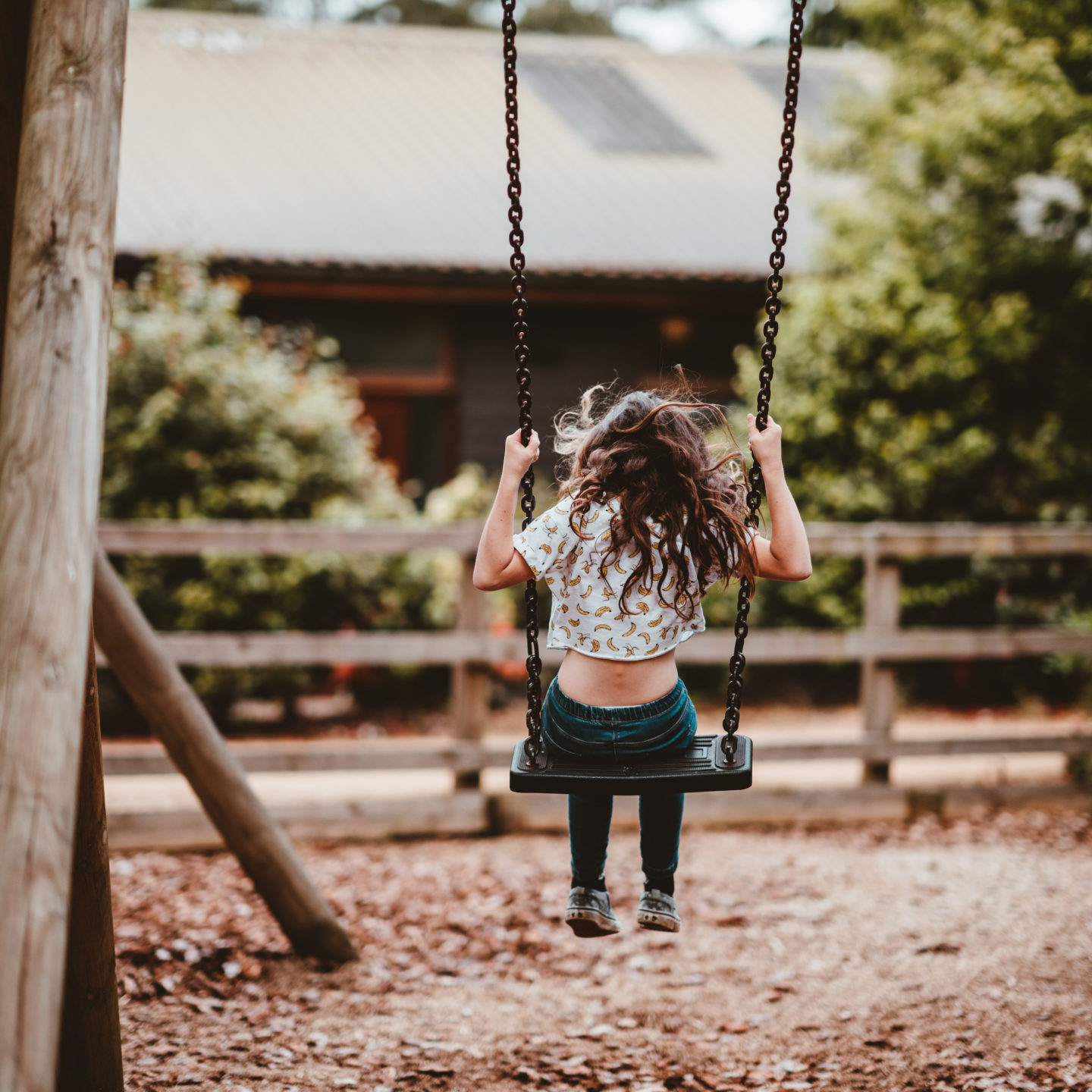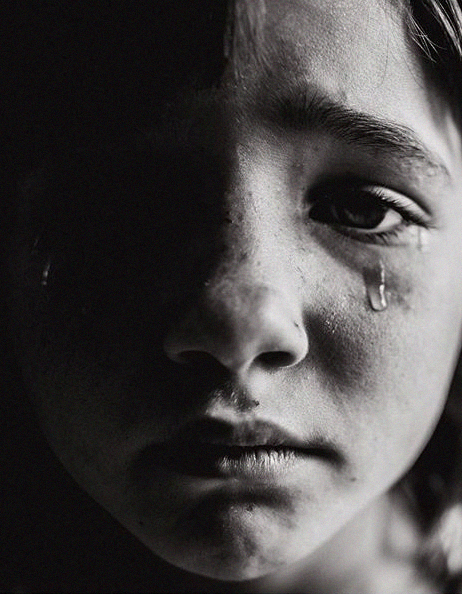 At first it was your neighbor’s puppy. Then it was driving in tunnels. Then it was crossing the street and now it’s the happy birthday song. Your toddler has so many ahem, idiosyncratic fears and concerns that you feel like you can barely leave the house. If you have an anxious toddler or child, you are not alone, and fortunately, there are a few steps you can take to try and alleviate some of those intense feelings. Here to take on anxiety in children is our resident pediatric expert Dr. Aliza Pressman, co-founder of seedlings and host of the podcast, “Raising Good Humans.” She talks recognizing anxiety in kids, what you can do in these situations, and when to seek outside help. Just know that anxiety isn’t necessarily a life sentence for your child, and sometimes all it takes is some sensitivity and a few baby steps:
At first it was your neighbor’s puppy. Then it was driving in tunnels. Then it was crossing the street and now it’s the happy birthday song. Your toddler has so many ahem, idiosyncratic fears and concerns that you feel like you can barely leave the house. If you have an anxious toddler or child, you are not alone, and fortunately, there are a few steps you can take to try and alleviate some of those intense feelings. Here to take on anxiety in children is our resident pediatric expert Dr. Aliza Pressman, co-founder of seedlings and host of the podcast, “Raising Good Humans.” She talks recognizing anxiety in kids, what you can do in these situations, and when to seek outside help. Just know that anxiety isn’t necessarily a life sentence for your child, and sometimes all it takes is some sensitivity and a few baby steps:
“Anxiety is paying attention to our own response to threat or danger,” says Dr. Pressman. “If there’s constant threat, you’ll always be on high alert. If you’re on high alert at all times, it’s hard to function or tolerate what is actually normal. As a new parent, it’s so important to get support + find mindful practices to lower your stress response and to help you understand when something’s actually a threat. I say this because young kids pick up on our self-regulation and look to us to see whether they should be worried or not. This isn’t to blame parents. If you’re an anxious New Yorker and you marry an anxious New Yorker, you’re wired to have kids on the anxious side. Anxiety is actually helpful for them at times, so they can recognize threat, but they need the tools to manage anxiety.
Young kids pick up on our self-regulation and look to us to see whether they should be worried or not.
“If you start to see anxious behavior in your little one, what you want to remember is that nothing is a problem unless it prohibits their day-to-day happiness or functioning. So if you notice that your child gets nervous a lot, that’s totally fine. To help them, what you want to do is be sensitive to it and name it. But, you don’t want them to worry so much that they can’t pass by a puppy on the street or go to the playground if a set of swings makes them anxious. What you want to do is help them feel safe but expose them to day-to-day experiences.

Photo by Unsplash
“If you do have a kid who’s scared of dogs, you just take baby steps. You don’t force them to pet a dog, nor do you avoid a dog. YOU pet the dog and over time, you might find a nice dog and see if they might feel comfortable. Find a puppy sniffing around and get to know it. You can honor your child by saying, “I know this is scary for you, you’ve never played with a dog before. Let’s see what happens when mommy pets the dog.” Or, if your kid is scared of the swings, go sit on a park bench for a few days and watch people on the swing. Try to get your child more comfortable. The next day maybe sit on the swing with your child on your lap, and maybe swing on the swing the following day. It’ll help them warm up. Taking baby steps is totally acceptable, you don’t just want them to have no exposure.
“If you notice that your child’s anxiety presents differently than in other kids, and that you’re constantly accommodating their stress, or if you yourself are getting anxious about their anxiety, all clues lead to seeking out professional help. Anxiety is also not a life sentence. These might also be about having little moments in childhood. Anxiety can also tell you something about your child’s tendency or temperament. Kids who tend to be a little cautious might need some help to get them more comfortable and to slowly warm up to things. But those are usually very empathetic people. Every temperament has a plus side.”



